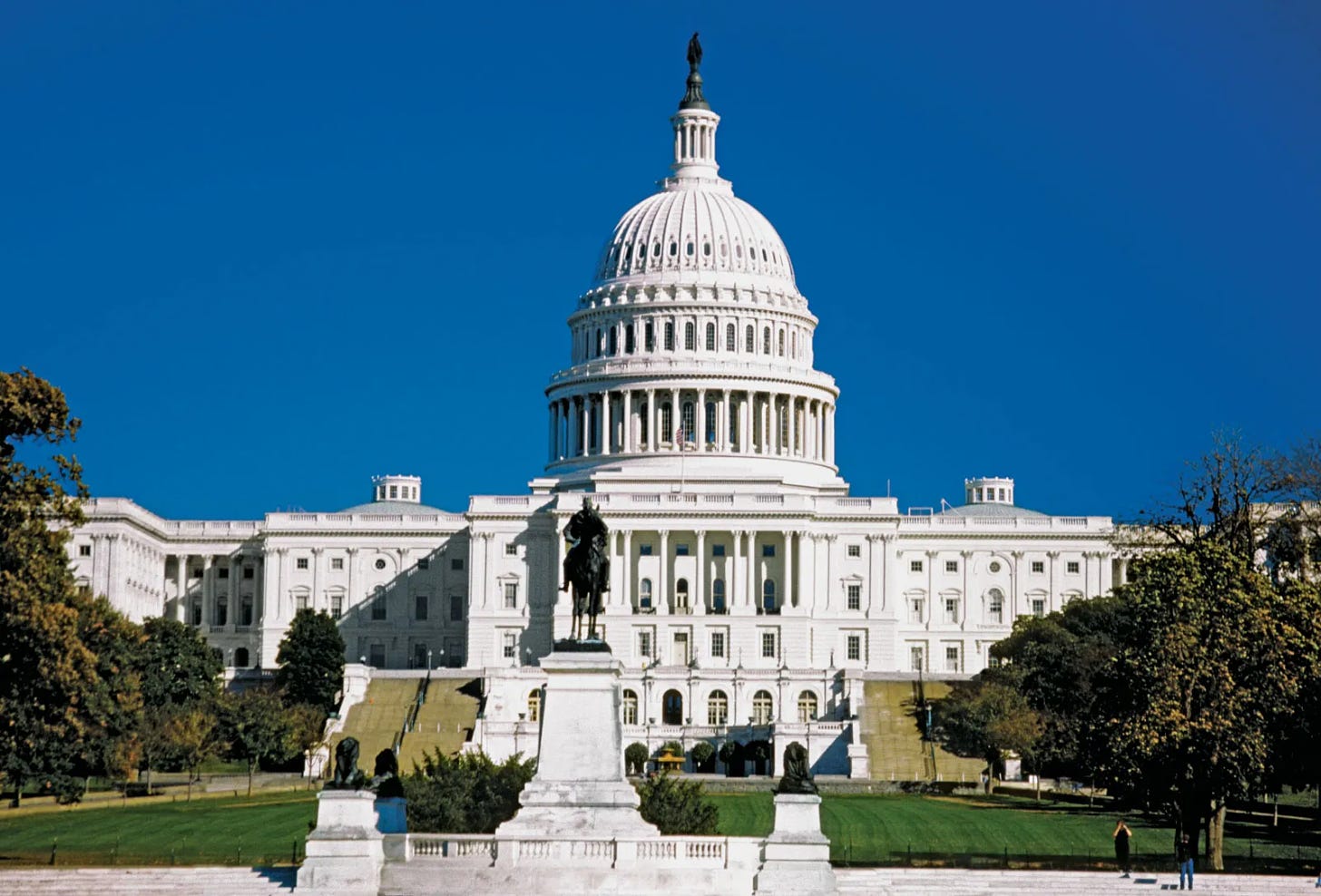In a move that has sent shockwaves through the international legal community, a group of 12 U.S. senators has unleashed a barrage of threats against the International Criminal Court (ICC). Their target? The ICC's potential investigation into alleged war crimes committed by Israeli forces against Palestinians in Gaza and the occupied territories. The clincher in this extraordinary letter – if the ICC dares to issue an arrest warrant for Prime Minister Benjamin Netanyahu, the U.S. will retaliate, not only against the ICC, but against the very families of court officials.
It's no coincidence that the senators leading this charge, Mitch McConnell and Tom Cotton, have pocketed millions in campaign contributions from pro-Israel lobbying groups. This incident isn't just about protecting an ally; it's a blatant display of foreign influence seeping into the heart of U.S. politics. The message is clear - Israel enjoys a privileged status, untouchable by the long arm of international law.
The hypocrisy is deafening. These same senators remain silent while the leaders of China, Syria, and countless other regimes with horrific human rights records roam free. The ICC, born from the desire to hold tyrants and war criminals accountable, now faces a superpower determined to undermine its mission. It's a flagrant perversion of the ideals the U.S. once championed.
But it isn't just politics at play; it's a deeper question about the world order we tolerate. If nations, especially powerful ones, can threaten and blackmail their way out of scrutiny, what hope is there for justice? Will the ICC stand resolute despite the pressure, or is this a watershed moment where the promise of international law buckles under political expediency? The ramifications extend far beyond Israel and Palestine.
The chilling conclusion is that some nations are more equal than others. War crimes may be abhorrent, but they are also negotiable, seemingly subject to political patronage. The potential consequences are dire. Emboldened by this precedent, other leaders may feel less constrained by the threat of international accountability. The victims of oppression, from Gaza to Myanmar, will be the ones ultimately paying the price.
This brazen attempt to intimidate the ICC is a test of its integrity and of the very concept of unbiased international justice. The future of the court and the hope for a world less tainted by unchecked violence hang in the balance. The question remains: in this battle between legal principles and raw power, who will prevail?




